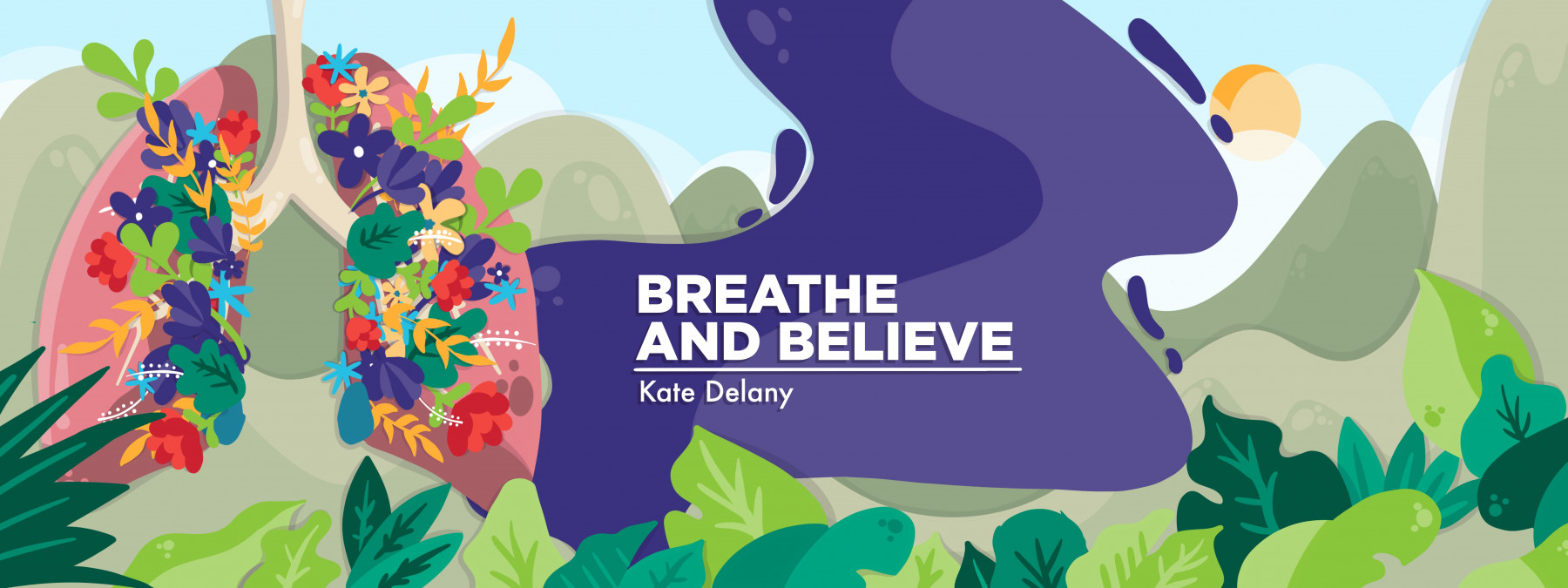The Pros and Cons of Sharing Medical News Online
Written by |

Growing up, my older sister and I were tasked with calling relatives when our younger sister was hospitalized due to a cystic fibrosis exacerbation. We relayed the news while my mother hurried around, packing bags and getting ready for the inpatient stay. I assume it was helpful — one less thing to check off her frantic to-do list when trying to get out the door with my sister.
It’s hard to imagine doing things the same way now. The inner circle usually gets a group text, and everyone else can read the news on Facebook. Done and done.
In times of crisis, it’s convenient to share news via a carefully drafted social media post. I’ll inform people that my sister is in the hospital, and pass along the address so they can drop a card in the mail. Maybe it’s just years of conditioning, but I always think of my mother, who later thanks me for posting. I guess social media fulfills our long-established need to reach out in times of stress and pass the news along.
The trouble is that it’s not the same kind of outreach we did over the phone in the 1980s and ’90s. Thus, the responses to my Facebook posts often frustrate my mother. Emojis, “Prayers up!” and “Get well soon” comments are very different from my grandmothers’ reactions on those phone calls.
The difference is that the calls often included a request for help. It may have been implicit, but it worked. My grandmothers, who had 14 children between them, didn’t need much instruction about the practical ways they could help my mom, as she prepared to take one child to the hospital but still had two others to care for.
Sometimes I’m also caught off guard by the responses to my Facebook posts. I’m always careful to note that people should express their concern in the form of cards, which make my mother particularly happy, or reach out to my sister via call, text, or Facebook message — even if it’s to share a cat meme.
When people reach out to me instead, or waylay me in public to ask how my sister is doing, or how I’m doing, I wonder if my communication missed the mark. I shouldn’t really be surprised, since they are my contacts and the info is posted on my page, but my focus is my sister and mother.
Communicating via social media can be difficult because there’s no clear audience. Posts are directed to everyone and no one. It’s an open letter to the world. Even if we have a particular audience in mind, many others eavesdrop.
Most of us have numerous contacts on social media. The average Facebook user has 338 friends, the average Twitter user has 707 followers, and the average Instagram user has 150 followers. And yet, research has shown that despite all of this connectedness, we are still hardwired to maintain close relationships with only a few people.
Sharing timely information like medical updates requires us to walk a fine line between being authentic enough to reach people and not oversharing, which is easy to do in times of stress and sadness. However, oversharing can have real-life consequences, and we can never be sure how others are reacting to our content. Perhaps the best option is to reach out personally with sensitive content, or even journal your thoughts before sharing them with the world.
I know I will continue to utilize social media platforms to share news, as it’s very helpful in harried, stressful moments. I’m grateful these mediums exist to streamline the calls I made as a kid. I think the key is remembering social media’s limitations and complications. It’s fast, but our digital footprints are not fleeting. Social media is a good way to share our lived experience, as long as we’re aware of how much we’re sharing.
Note: Cystic Fibrosis News Today is strictly a news and information website about the disease. It does not provide medical advice, diagnosis, or treatment. This content is not intended to be a substitute for professional medical advice, diagnosis, or treatment. Always seek the advice of your physician or other qualified health provider with any questions you may have regarding a medical condition. Never disregard professional medical advice or delay in seeking it because of something you have read on this website. The opinions expressed in this column are not those of Cystic Fibrosis News Today, or its parent company, Bionews, and are intended to spark discussion about issues pertaining to cystic fibrosis.








Leave a comment
Fill in the required fields to post. Your email address will not be published.